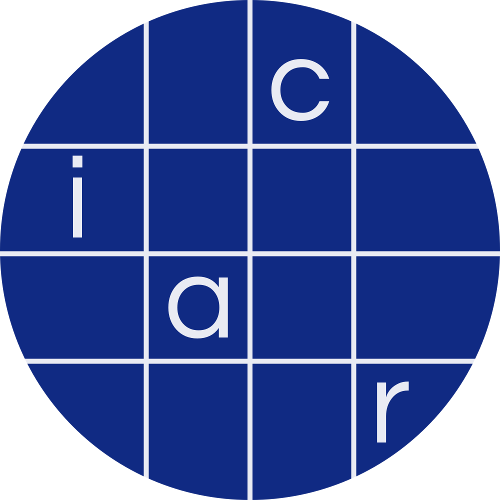Paper 2022/1583
Asynchronous Multi-Party Quantum Computation
Abstract
Multi-party quantum computation (MPQC) allows a set of parties to securely compute a quantum circuit over private quantum data. Current MPQC protocols rely on the fact that the network is synchronous, i.e., messages sent are guaranteed to be delivered within a known fixed delay upper bound, and unfortunately completely break down even when only a single message arrives late. Motivated by real-world networks, the seminal work of Ben-Or, Canetti and Goldreich (STOC'93) initiated the study of multi-party computation for classical circuits over asynchronous networks, where the network delay can be arbitrary. In this work, we begin the study of asynchronous multi-party quantum computation (AMPQC) protocols, where the circuit to compute is quantum. Our results completely characterize the optimal achievable corruption threshold: we present an $n$-party AMPQC protocol secure up to $t<n/4$ corruptions, and an impossibility result when $t\geq n/4$ parties are corrupted. Remarkably, this characterization differs from the analogous classical setting, where the optimal corruption threshold is $t<n/3$.
Metadata
- Available format(s)
-
PDF
- Category
- Cryptographic protocols
- Publication info
- Published elsewhere. ITCS 2023
- Keywords
- multi-party computation quantum asynchronous
- Contact author(s)
-
vipul @ cmu edu
chen-da liuzhang @ ntt-research com
jraizes @ cs cmu edu
jlourenc @ cs cmu edu - History
- 2022-11-15: approved
- 2022-11-14: received
- See all versions
- Short URL
- https://ia.cr/2022/1583
- License
-
CC BY
BibTeX
@misc{cryptoeprint:2022/1583,
author = {Vipul Goyal and Chen-Da Liu-Zhang and Justin Raizes and João Ribeiro},
title = {Asynchronous Multi-Party Quantum Computation},
howpublished = {Cryptology {ePrint} Archive, Paper 2022/1583},
year = {2022},
url = {https://eprint.iacr.org/2022/1583}
}
